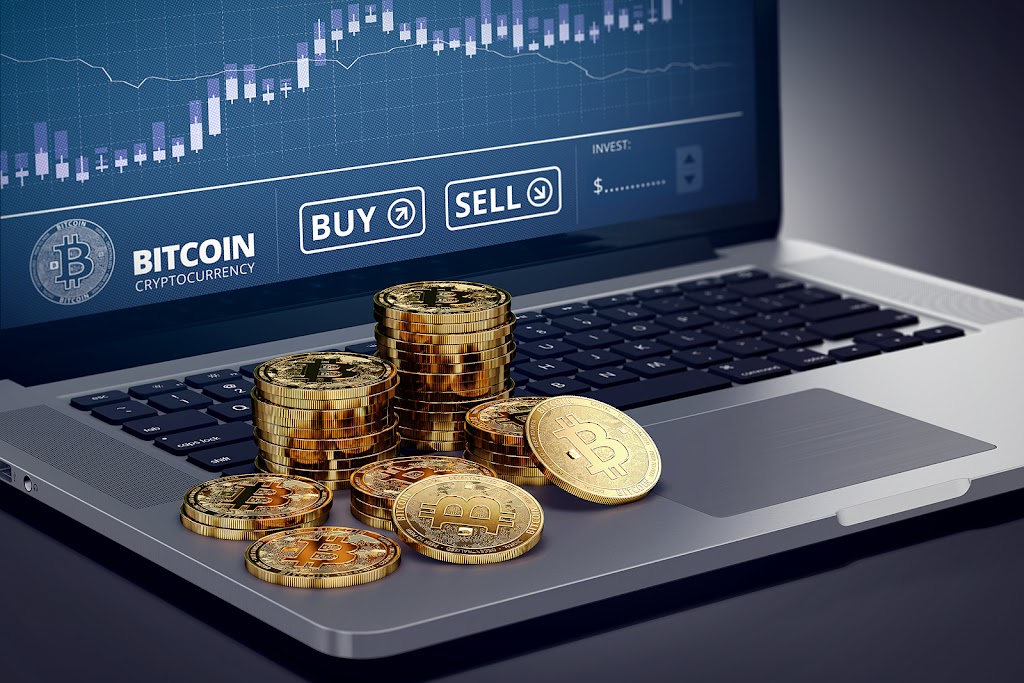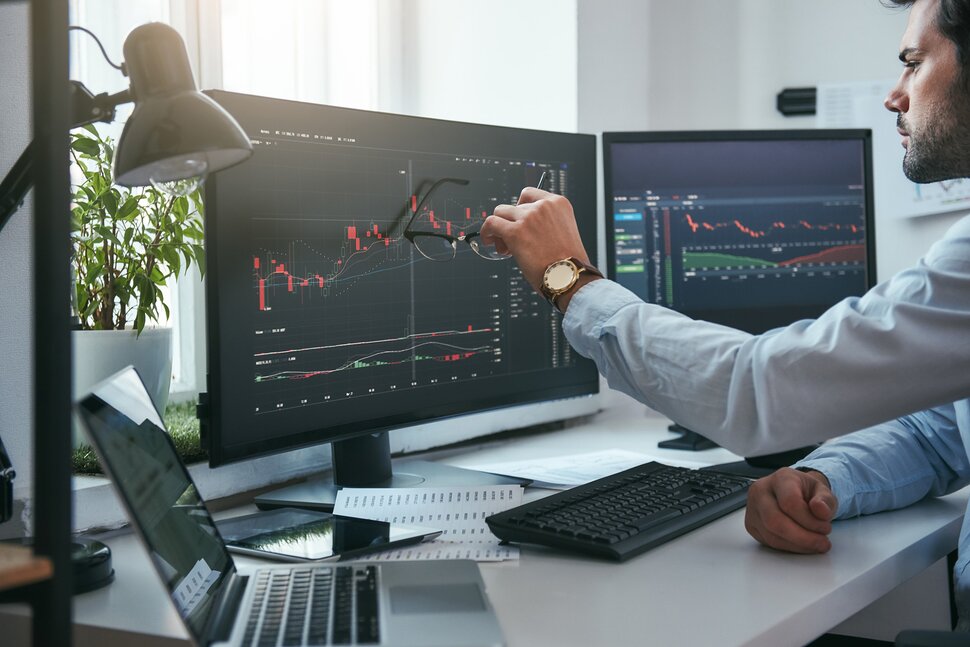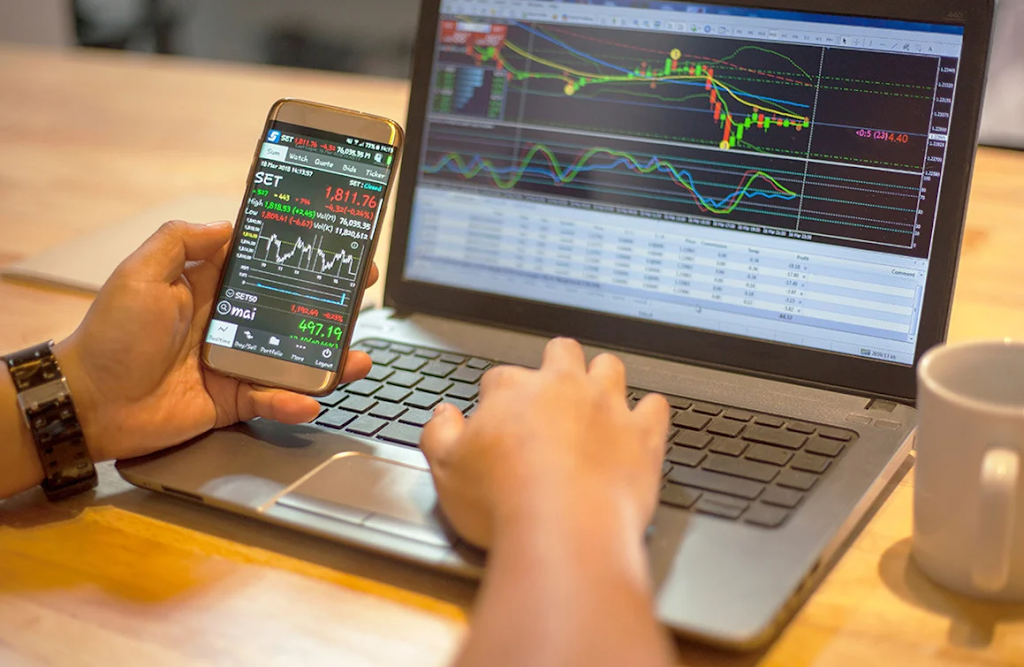Insider Trading Unveiling Unfair Advantage in Financial Markets
Insider trading is a time period that often sparks debates and controversies in the global of finance. It involves individuals the usage of personal information to gain an unfair benefit in buying and selling stocks, securities, or different financial instruments. This unethical and illegal practice undermines the integrity of economic markets, erodes investor confidence, and increases questions approximately the equity of facts dissemination. In this article, we’ll delve into the kinds of insider trading, relevant legal guidelines and regulations, detection methods, high-profile cases, moral considerations, prevention strategies, and the destiny outlook of this issue.
Types of Insider Trading
Insider trading can be labeled into predominant categories: conventional insider trading and misappropriation insider trading.
Classic insider trading happens while individuals with get right of entry to to privileged information, such as corporation executives and employees, exchange securities primarily based on that information before it will become public. For example, if an govt of Company A knows that the business enterprise is about to announce record-breaking earnings, they might purchase stocks before the declaration to profit from the next charge increase.
Misappropriation insider trading, on the different hand, includes buying and selling securities primarily based on private records received from someone who has a fiduciary responsibility to hold that facts confidential. This should include lawyers, accountants, or experts who study sensitive information approximately a company’s overall performance via their work. If a lawyer operating with Company B learns about an approaching merger, and then trades securities based on that information, it could be taken into consideration misappropriation insider trading.
Laws and Regulations
To combat insider buying and selling and keep market fairness, numerous legal guidelines and policies have been implemented. In the United States, the Securities and Exchange Commission (SEC) enforces laws like the Securities Exchange Act of 1934, which goals to prevent fraudulent activities in the securities markets. The Dodd-Frank Wall Street Reform and Consumer Protection Act, surpassed in 2010, added further provisions to address insider buying and selling and decorate whistleblower protection.
Penalties for insider buying and selling can be severe, which include hefty fines and imprisonment. Individuals discovered responsible can face civil and crook charges, ensuing in reputational damage and monetary ruin. These rules emphasize the importance of transparency and ethical behavior in economic markets.
Detection and Enforcement
Detecting insider buying and selling can be difficult due to the covert nature of the activity. However, there are numerous strategies hired to identify suspicious buying and selling patterns. Market surveillance tools examine buying and selling facts to spot unusual fee movements or volumes before massive announcements. Additionally, monitoring insiders’ trading activities and cross-referencing them with subsequent occasions can raise purple flags.
Regulatory agencies, such as the SEC in the U.S., play a critical position in investigating and prosecuting insider trading cases. They often collaborate with law enforcement agencies and leverage generation to tune down offenders. High-tech gear and advanced analytics help perceive unusual buying and selling behaviors, making it less complicated to catch the ones attempting to benefit an unfair gain via insider information.
High-Profile Cases
Numerous high-profile instances have shed mild on the outcomes of insider trading. One exceptional example is the Martha Stewart case in 2001. The lifestyle wealthy person sold her stocks in a biopharmaceutical agency primarily based on non-public data she received from her broker. Stewart turned into convicted of conspiracy, obstruction of justice, and making fake statements, ensuing in a prison sentence and great damage to her reputation.
Another infamous case includes hedge fund manager Raj Rajaratnam, who turned into convicted in 2011 for orchestrating one of the biggest insider buying and selling schemes in U.S. history. Rajaratnam’s conviction sent a clear message that even those in powerful positions would face severe effects for engaging in insider trading.
These high-profile cases now not best highlight the legal effects of insider buying and selling however also serve as cautionary tales approximately the long run impact on individuals’ non-public and professional lives.
Ethical Implications
Beyond legal ramifications, insider buying and selling raises crucial moral questions. The exercise fundamentally contradicts the ideas of honest play and equal possibility in the financial markets. Investors who lack access to insider facts are positioned at a disadvantage, eroding accept as true with in the market system.
From an ethical perspective, insider trading reflects a breach of fiduciary duty and a lack of integrity. Individuals entrusted with exclusive information have a obligation to act in the exceptional hobby of shareholders and the market as a whole. Engaging in insider buying and selling betrays that believe and contributes to an environment of unfair competition.
Prevention and Mitigation
Preventing insider buying and selling calls for a multi-faceted method concerning companies, regulators, and individuals. Companies can set up strict inner guidelines that restrict employees from buying and selling on personal data and educate their workforce approximately the significance of adhering to those guidelines. Implementing blackout durations around tremendous organization occasions can additionally reduce the threat of unintended insider trading.
Whistleblower programs play a crucial position in encouraging people to record suspicious activities. Companies that offer secure channels for employees to document wrongdoing can find insider trading cases internally, allowing for timely intervention and investigation.
Education is paramount in stopping insider trading. Providing schooling to employees approximately the legal and moral implications of insider trading can help boost awareness and foster a tradition of compliance. Employees who recognize the outcomes are extra in all likelihood to face up to the temptation to use personal records for non-public gain.
Future Outlook
As era maintains to advance, the landscape of insider buying and selling detection is evolving. Predictive analytics, synthetic intelligence, and system getting to know are being hired to identify styles of unusual trading behavior. These technologies can unexpectedly examine large quantities of statistics and find discrepancies that might go left out by human observers.
Regulatory corporations are additionally becoming extra vigilant and proactive in monitoring marketplace activities. Increased collaboration among international regulators allows the monitoring of cross-border insider buying and selling schemes. Furthermore, public focus campaigns are dropping mild on the unfavorable results of insider trading, encouraging people to file suspicions and maintain market integrity.
Conclusion
Insider trading remains a crucial issue that demanding situations the fairness and integrity of monetary markets. This article has explored the kinds of insider trading, relevant regulations, detection methods, high-profile cases, moral concerns, prevention strategies, and the evolving landscape of this unethical practice. By expertise the legal, ethical, and social implications of insider trading, individuals and companies can make contributions to fostering transparency, maintaining investor confidence, and upholding the principles of equity in the monetary world. As era and regulatory efforts hold to evolve, there is desire that the conflict towards insider buying and selling will lead to extra equitable and truthful markets for all.

.png)



